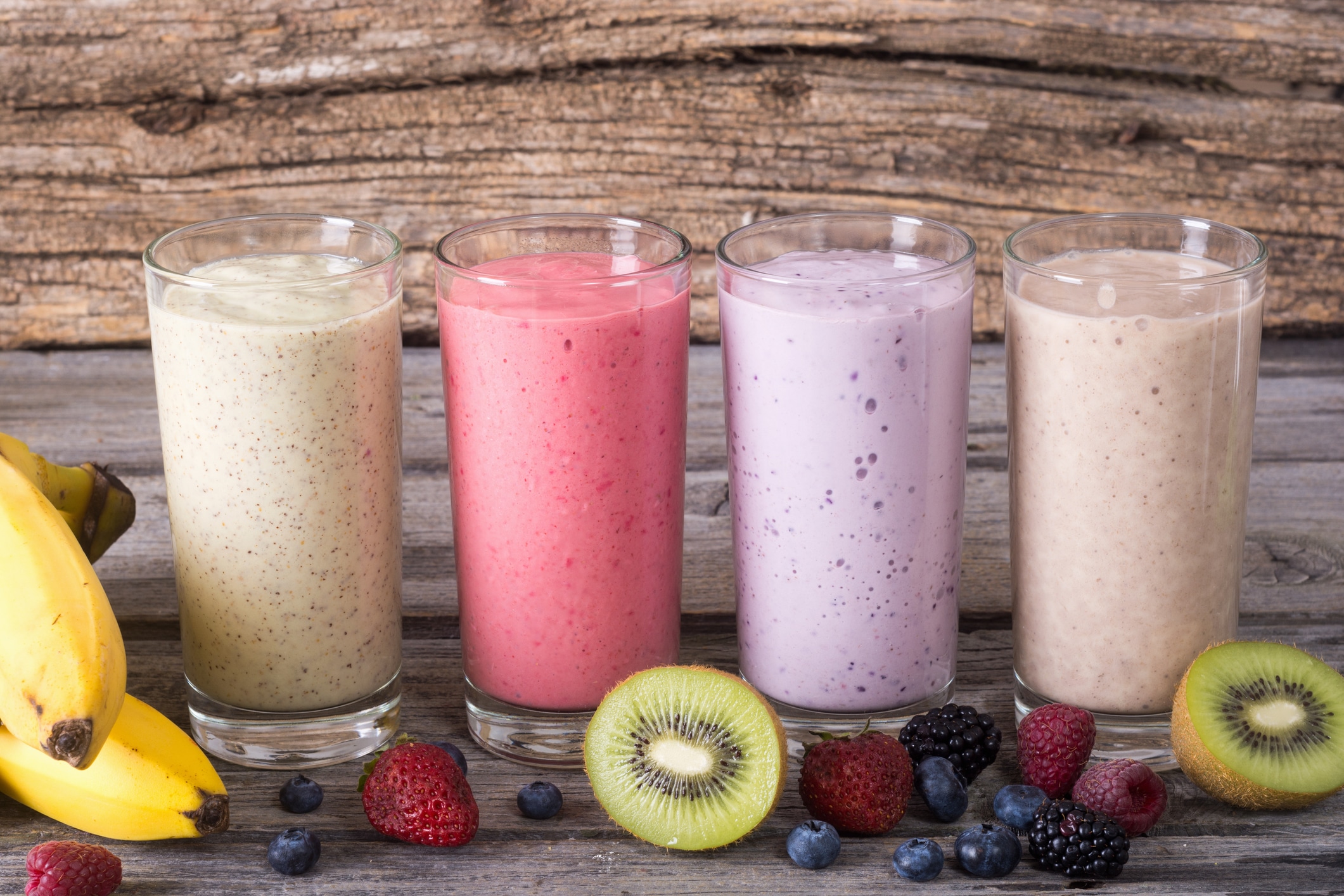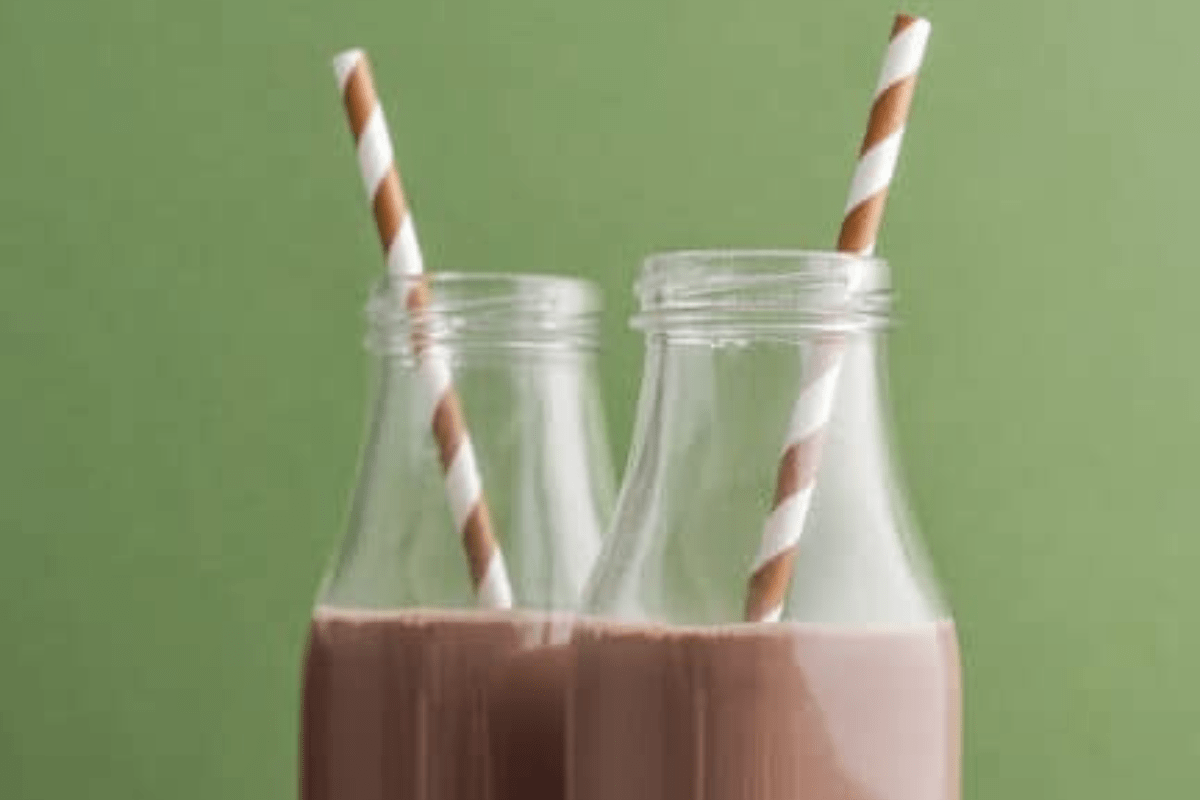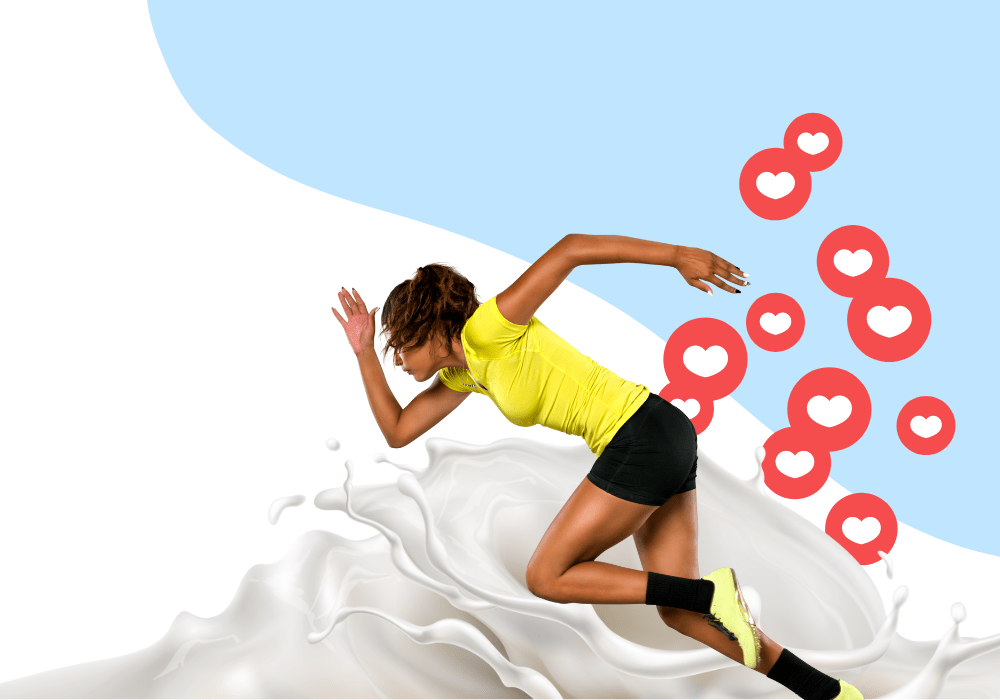Gymnastics is unlike any other sport. It requires both strength and flexibility to repeatedly perform challenging skills, such as flipping and tumbling. Many gymnasts start as young as age three or four and continue into their twenties, working their way through the different levels of the sport. Beginning gymnasts may take recreational classes, spending one to three hours in the gym. Once gymnasts reach the level of competing, their weekly training hours increase significantly. Gymnastics nutrition is an important aspect of training.
For example, a level 3 gymnast may spend three to four days at the gym, training up to ten hours a week. At level 6, that training can increase to 15-18 hours. Gymnasts who compete at a level 8, 9 or 10 are highly committed to the sport, training up to twenty hours a week. Though some level 9 gymnasts go on to compete at the collegiate level, most college gymnasts are at the highest level 10 or the elite level.
Although the intensity and duration of training varies by level and the season, all gymnasts require adequate fuel and hydration to perform on a consistent basis. Having a well-designed nutrition plan can make all the difference in the world.
Nutrition Recommendations for Gymnastics
When it comes to fueling gymnasts, the sports nutrition plan needed to support training is just as important as the foods and fluids consumed the day of a competition. That’s because the training is demanding and involves many repetitions with intense effort. A gymnast needs enough fuel to complete lengthy training sessions and to refuel afterwards, so their body is prepared for their next training session and any upcoming competitions. Because many competitive gymnasts are younger in age, their consumption of nutrient-rich foods is important to support their growth and development.
Carbohydrates
The main fuel source used by gymnasts is carbohydrates. They need to eat enough each day to supply the energy to train and perform at a high level. The amount of carbohydrates needed varies based on their training level, but generally ranges between 3 and 7 grams of carbohydrate per kilogram of body weight. A younger gymnast, who participates in fewer weekly training hours, would likely fall on the lower end. As the amount and intensity of training increases, so do the daily carbohydrate needs of the athlete.
To meet those daily requirements, gymnasts should focus on including a combination of nutrient-dense carbohydrates – like whole grains such as oatmeal, legumes, and fruits and vegetables – at all meals and snacks. Including a variety of these foods will help ensure gymnasts get the wide variety of vitamins and minerals their bodies need.
Protein
Protein is needed to help repair and recover muscle tissue that was broken down during training and competition. In general, gymnasts need between 1.2 and 1.7 grams of protein per kilogram of body weight. For example, a 115-pound gymnast would range between 63-89 grams of protein a day. Ideally, protein intake should be spread out evenly throughout the day and be included at each meal and all snacks, including after training and competitions.
When choosing what proteins to eat, try to include a variety of animal and plant-based sources. Animal sources include lean meats – such as chicken, fish, eggs, and lean beef — and dairy products like milk, yogurt and cheese. Plant-based protein sources include chickpeas, lentils, tofu, edamame, peanuts, or other tree nuts.
Fats
Fat is essential for overall body and brain development and functioning. It also plays a role in helping the body recover. Gymnasts first need enough carbohydrates for energy and enough protein for building and repairing body tissues. The remainder of their daily caloric intake will come from dietary fat.
Dietary fats are found naturally in foods like eggs, meats, some poultry, cheeses and other dairy foods. In addition to the naturally occurring fat found in those foods, dietary fats come from oils, butters, dressings, nuts, seeds, avocados and olives. The chart below gives an example of how a 115-pound (52.3 kg) gymnast could distribute carbohydrate, protein and fat intake throughout the day.
Daily Nutritional Requirements for Gymnastics
|
Based on a 115 lb. Student-Athlete (52.3 kg) |
|||
| Carbohydrate |
Protein |
Fats | |
| Daily Requirements | (3-7 g/kg/d) | (1.2-1.7 g/kg/d) | Remainder of calories to meet daily energy requirement |
| Daily Total | 160- 366 g | 63- 88 g | varies based on daily calorie requirement |
| Per Meal (3 Meals/Day) | 45 g | 20 g | minimum of 15 grams |
| Per Snack (2 Snacks/Day) | 25 g | 10 g | minimum of 10 grams |
Source: Sports Nutrition: A Handbook for Professionals
Although a high-level gymnast will require more fuel compared to a beginner-level gymnast, all gymnasts should start their daily training sessions well fueled and well hydrated. They should also hydrate throughout training, and refuel and rehydrate afterwards. This includes the day of competition.
Before
Pre-Training/Competition
Gymnasts need to make sure they are fully fueled and hydrated before stepping into the gym. Just like cars, our bodies cannot perform on an empty tank. Underfueling and underhydration can lead to fatigue, dizziness, and light-headedness, which is a dangerous way for a gymnast to perform physically challenging skills during training and competition. A light meal or a sustainable snack one to two hours prior to warm-ups will provide the energy gymnasts need to power through their training and/or competition. It should be rich in carbohydrates, moderate in protein and low in fiber and fat. It’s also important to drink plenty of fluids in the hours leading up to training. The following are some good pre-training/competition meal and snack ideas:
- Turkey and cheese sandwich or wrap
- Bagel with peanut butter
- Peanut butter and jelly sandwich
- Yogurt with fruit and granola
- Crackers with a piece of low-fat string cheese
- Sports drink with cottage cheese and fruit
During
During Training/Competition
Gymnastics competitions can be lengthy, often overlapping meal and snack times. When this happens, fueling between routines is important to keep energy levels high and maintain focus. Food and fluids need to be easy to eat and digest. Foods high in fat and fiber should be avoided during training and competitions as they can slow digestion. Some good options to have on hand are:
- Sports drink
- ½ Turkey sandwich
- Banana
- Applesauce
- Energy chews/gels
After
Post-Training/Competition
After training or competition, it’s time to refuel and rehydrate. The foods and fluids you eat and drink after training and competition help support the rebuilding of muscle tissues and prepare your body for your next training session. Try to have a snack or meal within 30 minutes after training/competition that includes carbohydrates, some protein, and fluid. If you’re not headed home directly after your training, consider packing a snack so that you have something ready-to-eat.
- Low-fat chocolate milk
- Chicken salad sandwich or wrap
- Greek Yogurt with ¼ cup granola and fresh fruit
- Fruit and yogurt smoothie (Try this one!)
- ½ Peanut butter and honey sandwich
Other Considerations
Maintaining a healthy hydration status is critical for optimal performance. Gymnasts should aim to consume at least half their weight in ounces daily. For example, if you weigh 120 pounds, you should drink at least 60 ounces of water per day. Heavy sweaters likely need more, especially around training sessions and during competitions. The key to healthy hydration is starting early and drinking often throughout the day.





